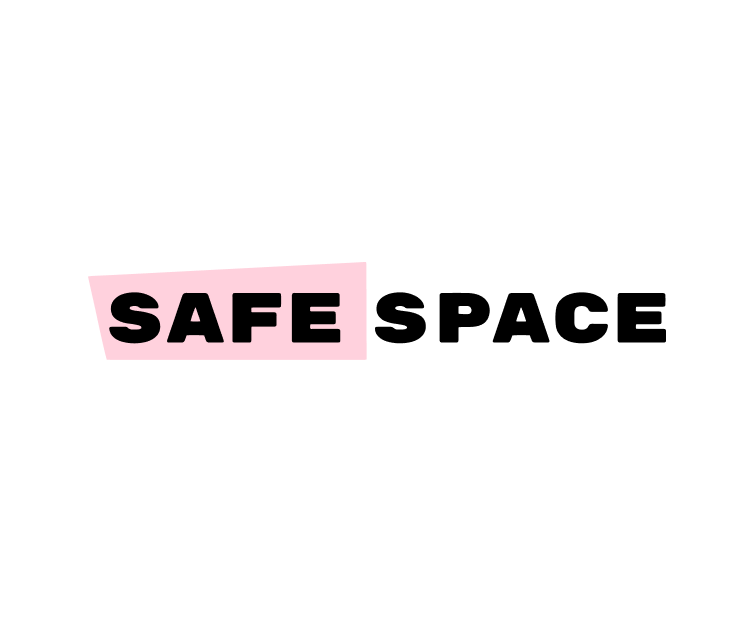✍ How deal with a boss who does/tries to sabotage you, has you do their work, and takes credit for your ideas? Do you continue to share your ideas regardless, or should you regress ask for expectations?
Context: Associate director reporting to a senior director. Mid size company. Small enough where gossip is prevalent in the higher up ranks and promotions are not based on hard work/contributions, but who you know.
Cassandra Babilya, Career Coach & Head of EEx Strategy at Amazon:
I’m so sorry that your boss is shady AF and generally unsupportive. I wrote a guide “How to tell your boss anything” to help folks advocate for themselves in situations like these.
Generally, I recommend approaching these conversations with vulnerability
- Be honest and non-accusatory. I’d like to chat about how I can get more exposure to the leadership team here.
- Express your willingness to grow. I see myself growing here long-term and would love your support in developing as a trusted subject matter expert.
- Ask for help and take responsibility. I don’t know that I’ve done enough work to advocate for my career goals, and I’d love your help to elevate my contributions.
- Be open to trying their suggestions. I’ll check in with you at our weekly 1:1 with my progress as I give your recommendations a shot, and perhaps get your advice on where to pivot.
- Be respectful of their expertise and time. Thank you again for supporting my career goals—I really appreciate your guidance here.
Outside of how to have the conversation itself, my advice is to 1/document everything, and 2/find a sponsor at your manager’s level or above who can advocate for you (and drop your name) in rooms you’ve been excluded from.
✍ I have a secretary who refuses to do certain tasks and tells her “superior” (paralegal) that it’s “not her job” to do certain things. How do we get employees to understand that some tasks they just don’t want to do are truly their tasks?
Context: Law firm of eight attorneys, four legal secretaries, two paralegals and a receptionist. Office manager and a file clerk.
Anessa Fike, CEO & Founder of Fike+Co:
This is one of the areas where job descriptions come in handy. I often recommend people update their JDs once a year because the business pivots and jobs shift. This could be a good time to align on expectations again if what is included in the role. And if you want to pull in other JDs externally to showcase more of what the role entails in market, you can do that as well.
Lauren Batcheck, VP of People at HMBradley:
Love Anessa’s response. I’d encourage asking this employee some open questions to better understand why they feel the way they do about this. It might uncover a belief or truth that you or their manager don’t know. For example maybe they don’t feel like they belong on the team and are trying hard to set boundaries, etc.
Some of my favs ways to learn more are “Tell me more about that.” or “That makes sense. What’s the real challenge here for you?”
Also role modeling the behavior you want to see from this employee could help. Are there others who willing or happily “go beyond their scope”? Does this person’s manager also do so? Highlighting that y’all are a team and sometimes we all have to roll up our sleeves and GSD that we don’t love as part of being a contributing member of that team might go a long way


